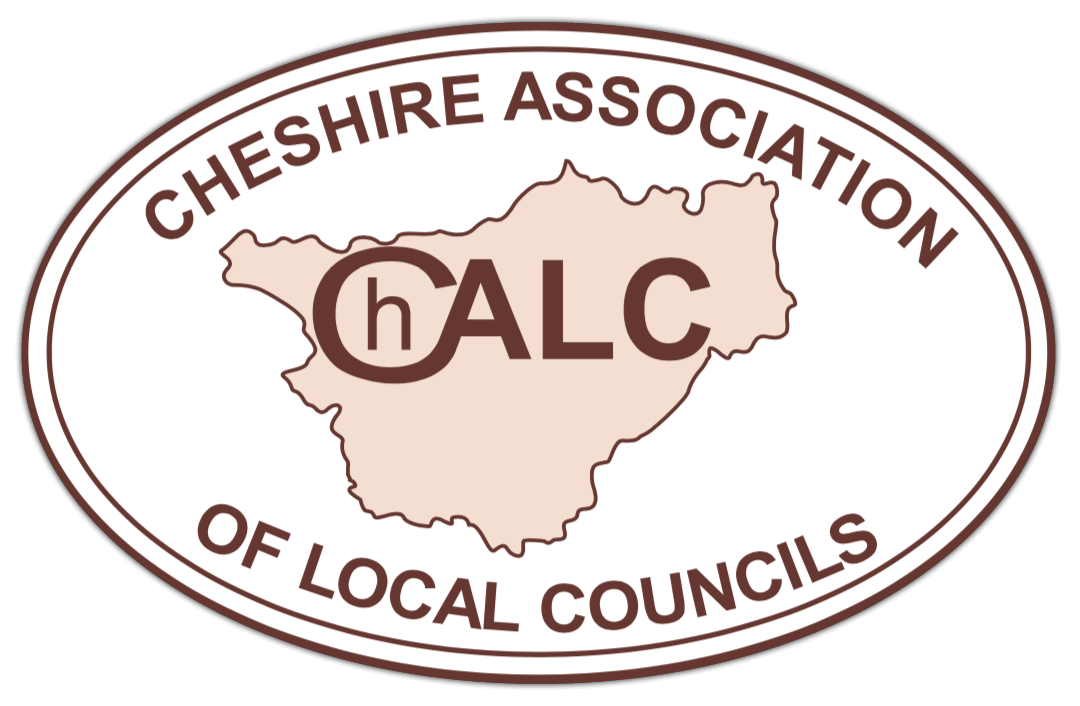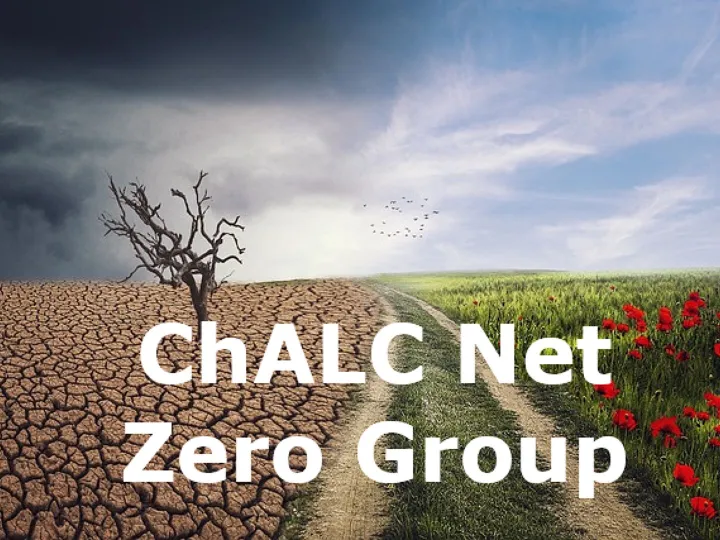Climate Change & Net Zero
LATEST NEWS
Subscribe to the LGA Sustainability Bulletin
Each month, the LGA Sustainability Bulletin delivers a carefully curated roundup of the latest developments in local government sustainability and climate action. It includes:
- Best practice case studies from councils across the country
- Training opportunities, such as carbon literacy courses
- Policy updates and key information
These resources are essential for empowering local authorities to make informed decisions and drive action and ambition in environmental sustainability. By subscribing, you will have access to the tools and knowledge needed to drive meaningful change in communities and stay up to date about the latest initiatives and policy news in local government climate action.
For more information about the LGA Sustainability Improvement Programme, in partnership with the Crown Commercial Service, please visit our online sustainability hub .
Government puts community energy in the GB Energy Bill- This happened at the House of Lords Report stage debate of the Bill on Tuesday 11th February 2025 , via an amendment made by the Energy Minister, Lord Hunt of Kings Heath. The amendment was welcomed by the Conservatives, Liberal Democrats, Greens, Crossbenchers and the Church of England's representative, the Lord Bishop of Norwich.
The Bill sets up the Great British Energy company, a much-heralded part of greenhouse gas emissions reduction plans. This company is expected to spend £8 billion on this over the next few years, making it vital that this legislation which sets it up ensures community energy's growth is supported. The Bill now specifically enables the company to promote the growth of community-led energy projects alongside larger ones. The Bill has one more House of Lords stage – 3rd reading, set for 25th February, and will then return to the Commons soon after for, probably, one last debate there. Source: Power for People powerforpeople.org.uk
Background and Actions taken to date
February 2023- ChALC held a short survey amongst members to understand how they were addressing the challenges of climate change. Of the 33 that responded, 14 had formally declared a climate emergency. A range of mitigating actions are being undertaken by all, with the top action being creating a community orchard and/or wildflower meadow. The survey showed that there are a wide range of activities being carried out across Cheshire and Warrington, with evidence that parishes are really considering and thinking about what they are doing.
July 2023- ChALC subsequently held a successful online conference where participants heard from a range of guest speakers.
- Andrew Maliphant, the Environmental & Sustainability Advisor for The Society of Local Council Clerks – thoughts and key messages for local councils.
- Dr Rachel Giles, Evidence and Planning Manager at Cheshire Wildlife Trust – the Trust's perspective of the challenge of climate change and practical suggestions to help parishes mitigate the effects.
- Kate Harrison from Ashton Hayes – the village Carbon Neutral Project and the Community Energy CIC.
- Colette Fellows – the development and actions of the Grappenhall and Thelwall Climate and Ecological Emergency Committee.
- Richard Holland from Disley – the Council's journey to install a couple of electric vehicle charge points.
November 2023 – ChALC conducted a second survey on behalf of a member council, to assess the appetite of councils to share a common resource to help to introduce net zero initiatives into council actions and processes.
February 2024 – ChALC Executive Board agreed to set up a Net Zero Working Group. Membership is individuals with an interest from the Executive Board and members councils and the group will meet at regular intervals to highlight key information, share good practice and explore practical mechanisms to support local councils meet climate change challenges. The main areas of focus will be on actions and activities that are of specific interest to local councils in terms of climate change mitigation, and the group will use this page of the website to share information and ideas.
ChALC Annual Meeting 2024 – Guest speaker was Andrew Maliphant, Environmental and Sustainability Advisor for the SLCC who gave a presentation about Climate Action for Local Councils.
Useful Resources
Please find below links to useful resources. N.B. Some links to documents are only available to ChALC members (who are logged into the website) to view and download.
- NALC Campaign: Tackling Climate Change – https://www.nalc.gov.uk/campaigns/tackling-climate-change.html has a wide range of information to help parish and town councils discover what they can do.
- Clear Utility Solutions – have partnered with the UK's best Green energy providers and are proud to be able to bring the benefits of ethically sourced business electricity and gas directly to our customers. By offering bespoke energy solutions and market-leading tariffs and after care, it's now easier than ever to go green with us. Over nine hundred Councils have already trusted us with their utility bills – we search the market to make sure you get the best deal
- The Place Based Initiative – a climate action network for local councils and their community groups
- The Great Collaboration – a toolkit for local councils which captures information about the carbon reduction actions that individuals, businesses, community groups and schools in your local community have taken, want to take, and are unable to take.
- Planning Application Guidance – commenting on local planning applications, guidance in respect of climate change
- Invest Net Zero Cheshire – has developed a roadmap to net zero that will drive inward investment into the low carbon energy projects already identified or underway, across renewables, hydrogen, carbon capture, energy storage, and smart grids.
- MotherTree – Our free money carbon calculator makes it quick and easy to become aware of the impact of your savings & investments and switch to greener providers.
- Mackay Carbon Calculator – provides a model of the UK energy system that allows you to explore pathways to decarbonisation, including net zero by 2050.
- Carbon Copy – is a UK charity inspiring more big-thinking local action for climate and nature.
- Historic England – Advice on Adapting Historic Buildings for Energy and Carbon Efficiency Link This Advice Note is mainly for a specialist audience, but it will also be helpful to building owners and occupiers.
- Centre for Sustainable Energy Impact Tool -Impact is a digital visualisation tool that helps you understand your community's carbon footprint. It works for parishes, wards and local authority areas and helps identify the areas where taking action to tackle climate change can make the biggest difference.
- RECOUP -
- READING RECOMMENDATION: 'Stopping Climate Change: Policies for Real Zero' by Professor Paul Ekins
- Climate Play -Through play-based learning, we help people to engage more deeply, honestly and creatively on climate change.
Cheshire East Council Resources
- CEC Carbon Neutrality Action Plan – a detailed action plan which focuses on the next 5 years to ensure Cheshire East is on track and has actions in place to progress the borough toward carbon neutrality
- CEC Town and Parish Climate Toolkit – This document seeks to support Town and Parish Councils across Cheshire East to accelerate their net zero carbon transition. Transitioning to net zero will help communities thrive, and become healthier and more economically resilient
- Air Quality Awareness – Tackling air pollution remains a top priority for Cheshire East because air pollution is associated with a number of adverse health impacts.
- Vehicle Idling – Traffic is one of the major causes of air pollution. Reducing emissions from road transport is one of the easiest and most effective ways to improve local air quality.
- Electric Vehicles – One of the merits of an Electric Vehicle (EV) is that they release less emissions in comparison to petrol and diesel cars and as such help improve air quality.
- Air Pollution and Domestic Burning – Wood burning stoves and coal fires are the single largest source of the pollutant particulate matter (PM2.5). The emissions produced from this source, particularly the tiny particles PM2.5, have a negative effect on the air quality causing the air to be harmful to health.

